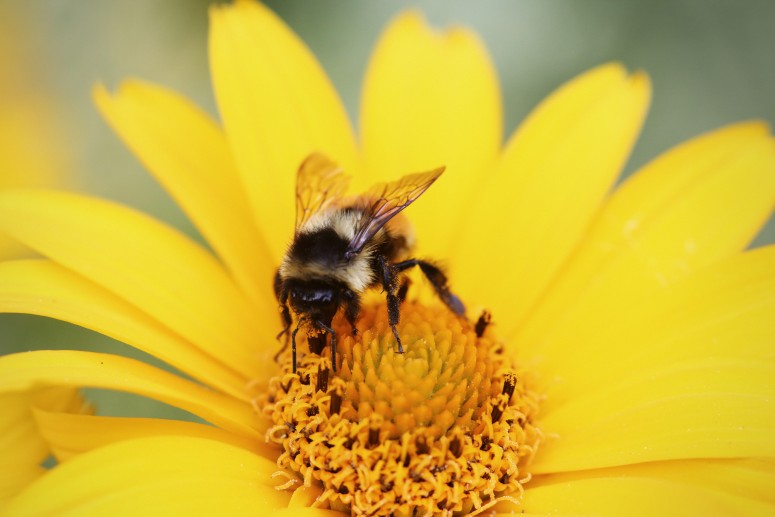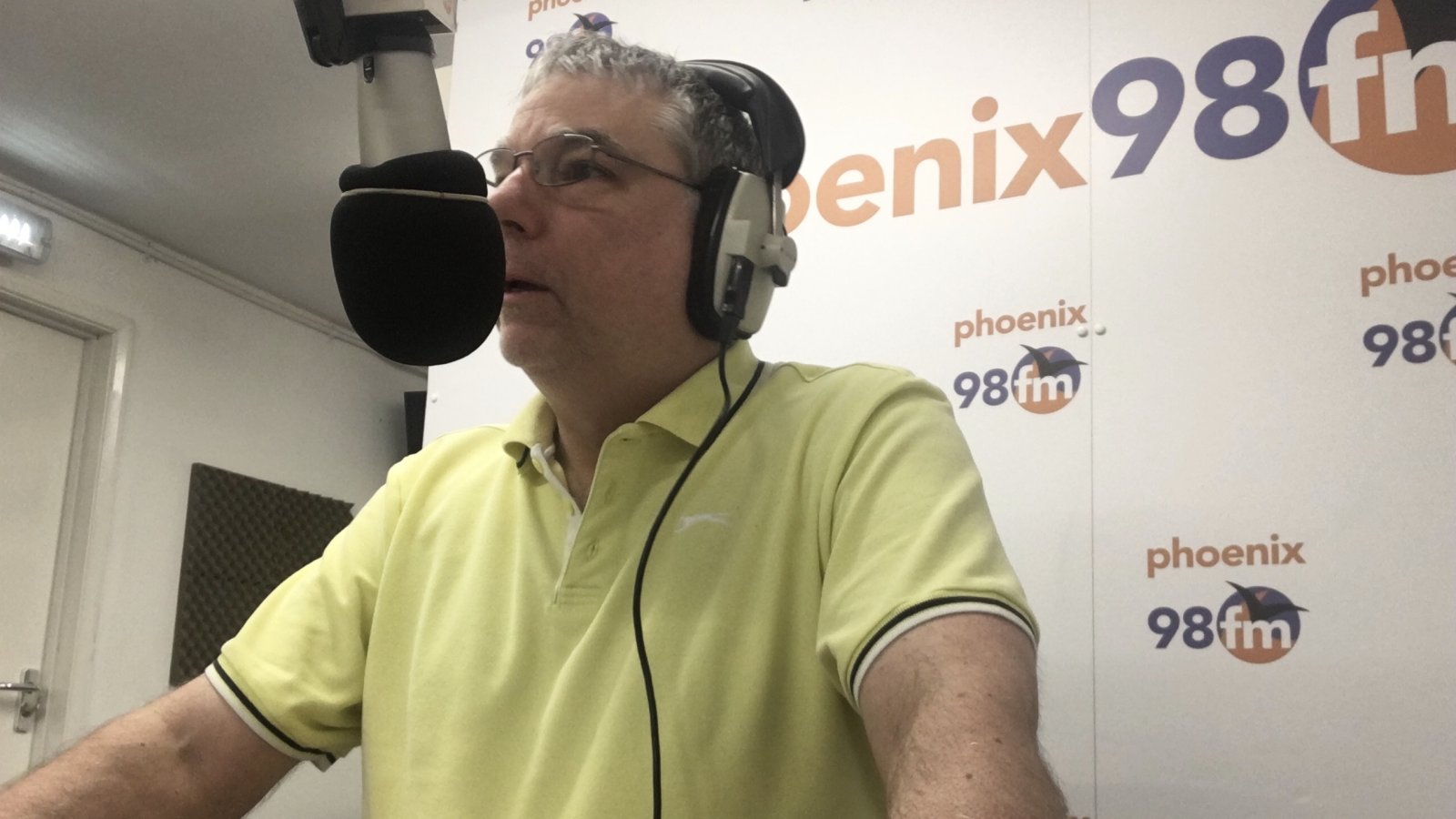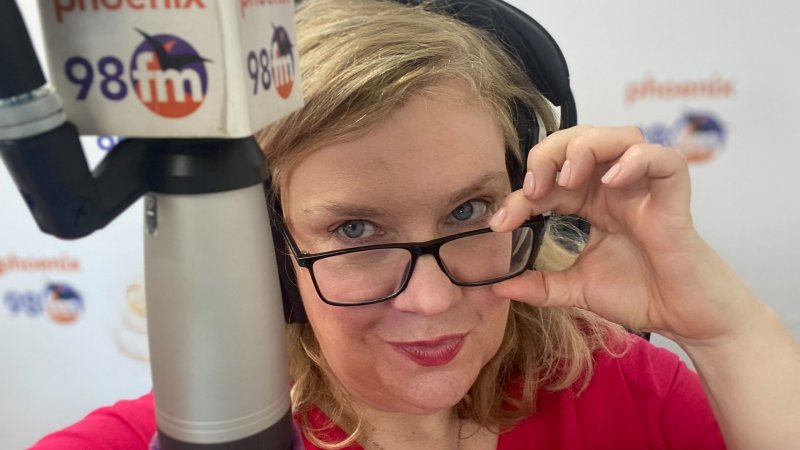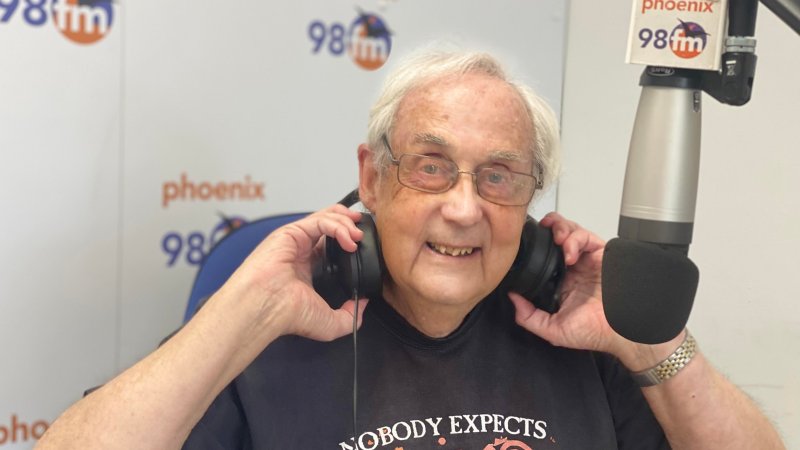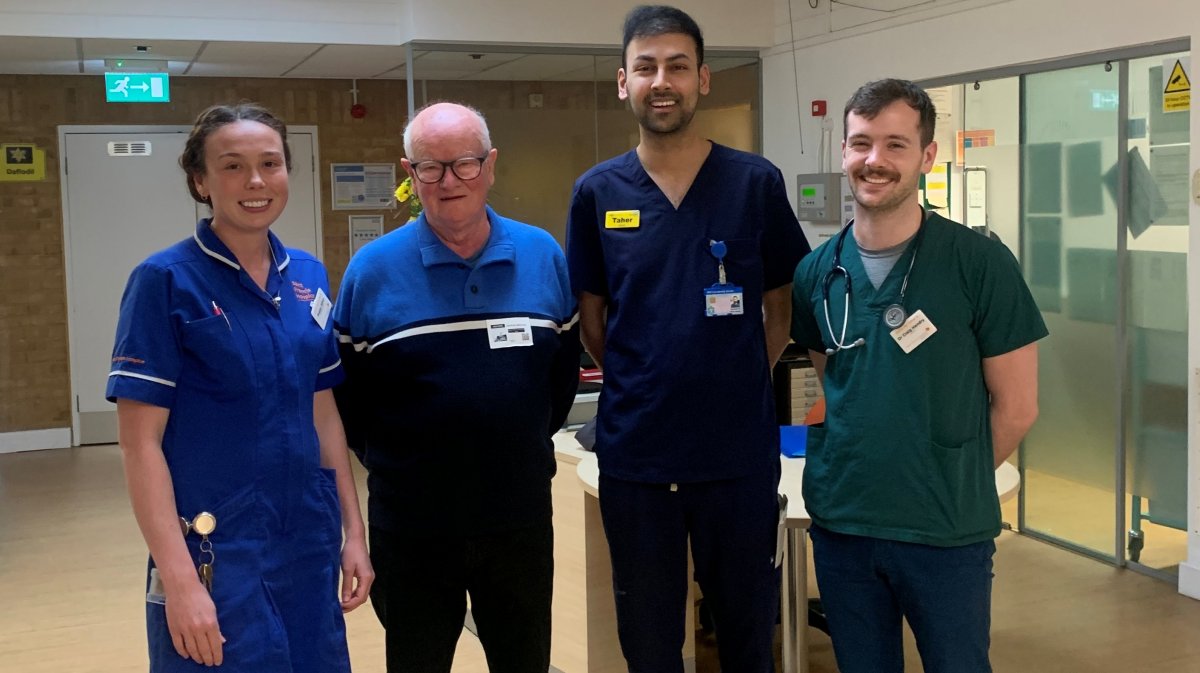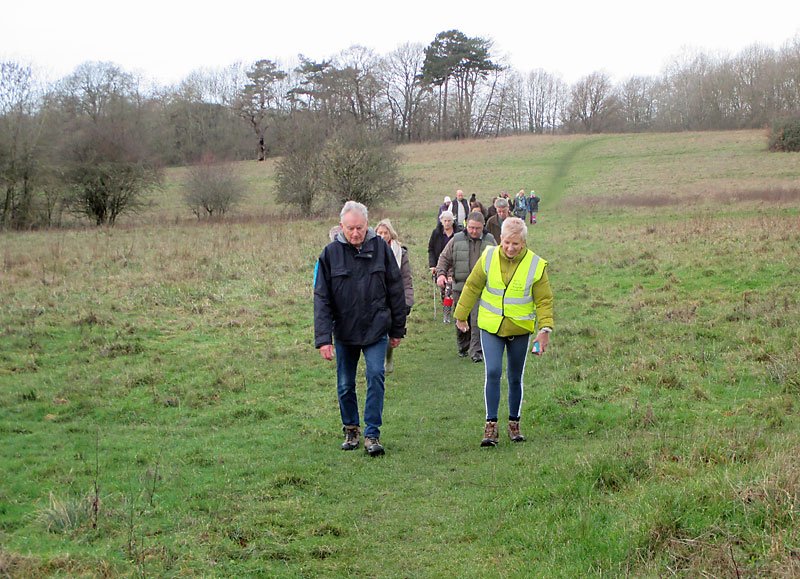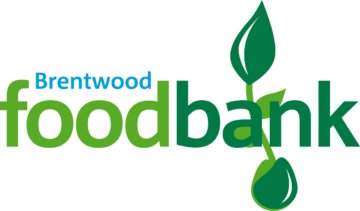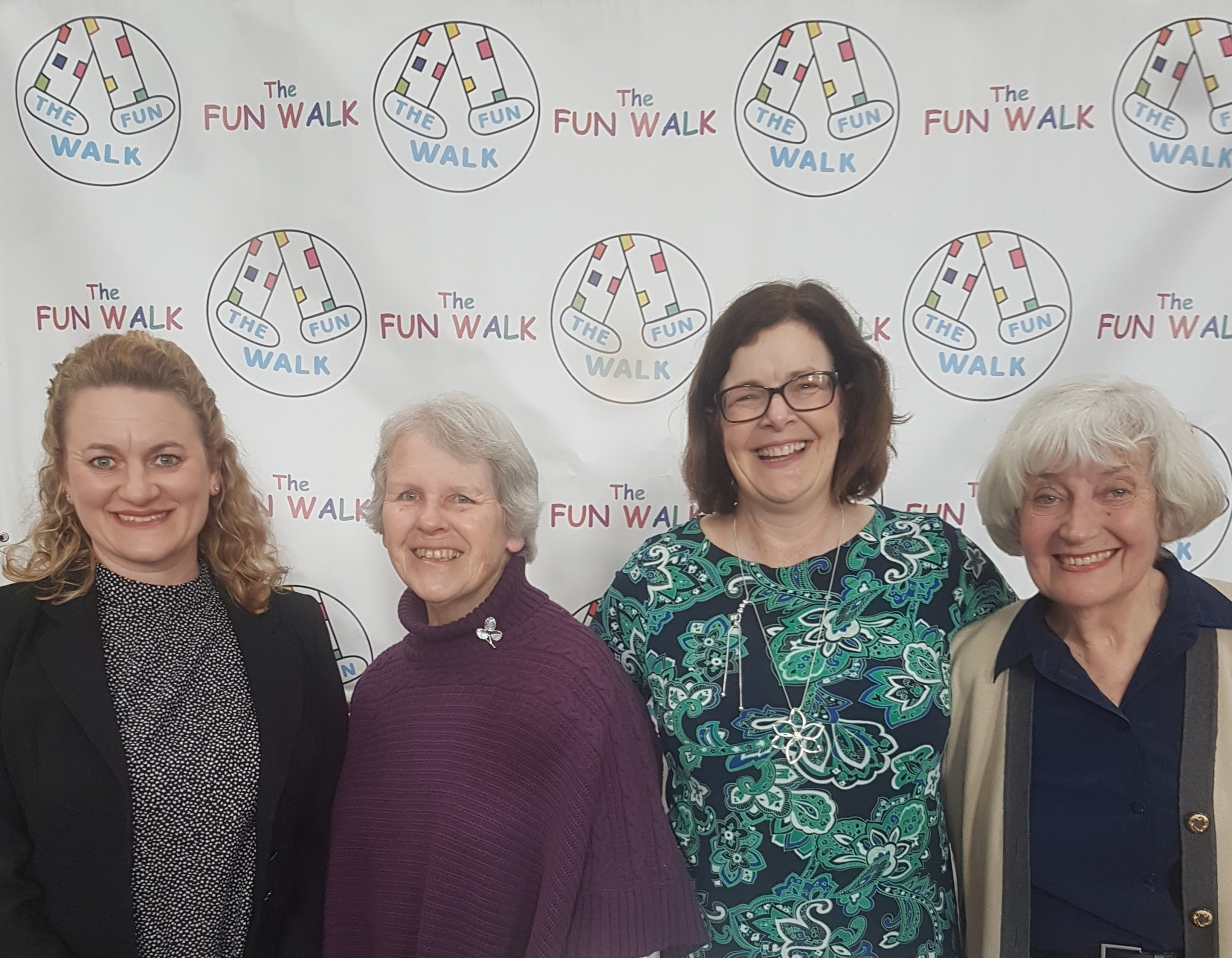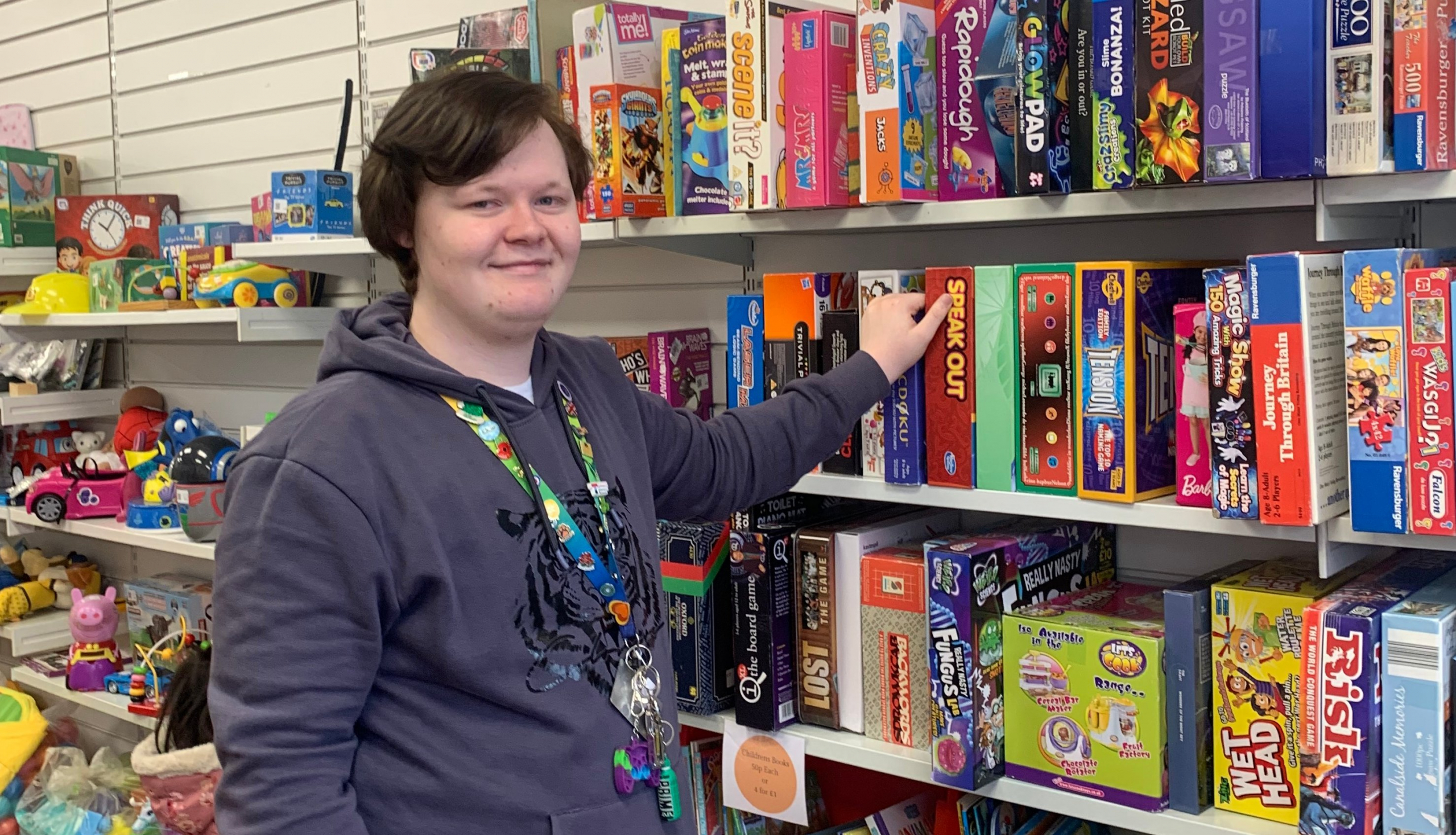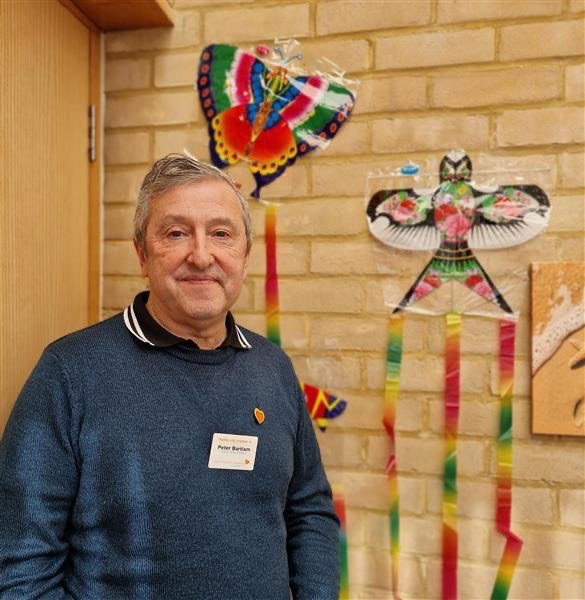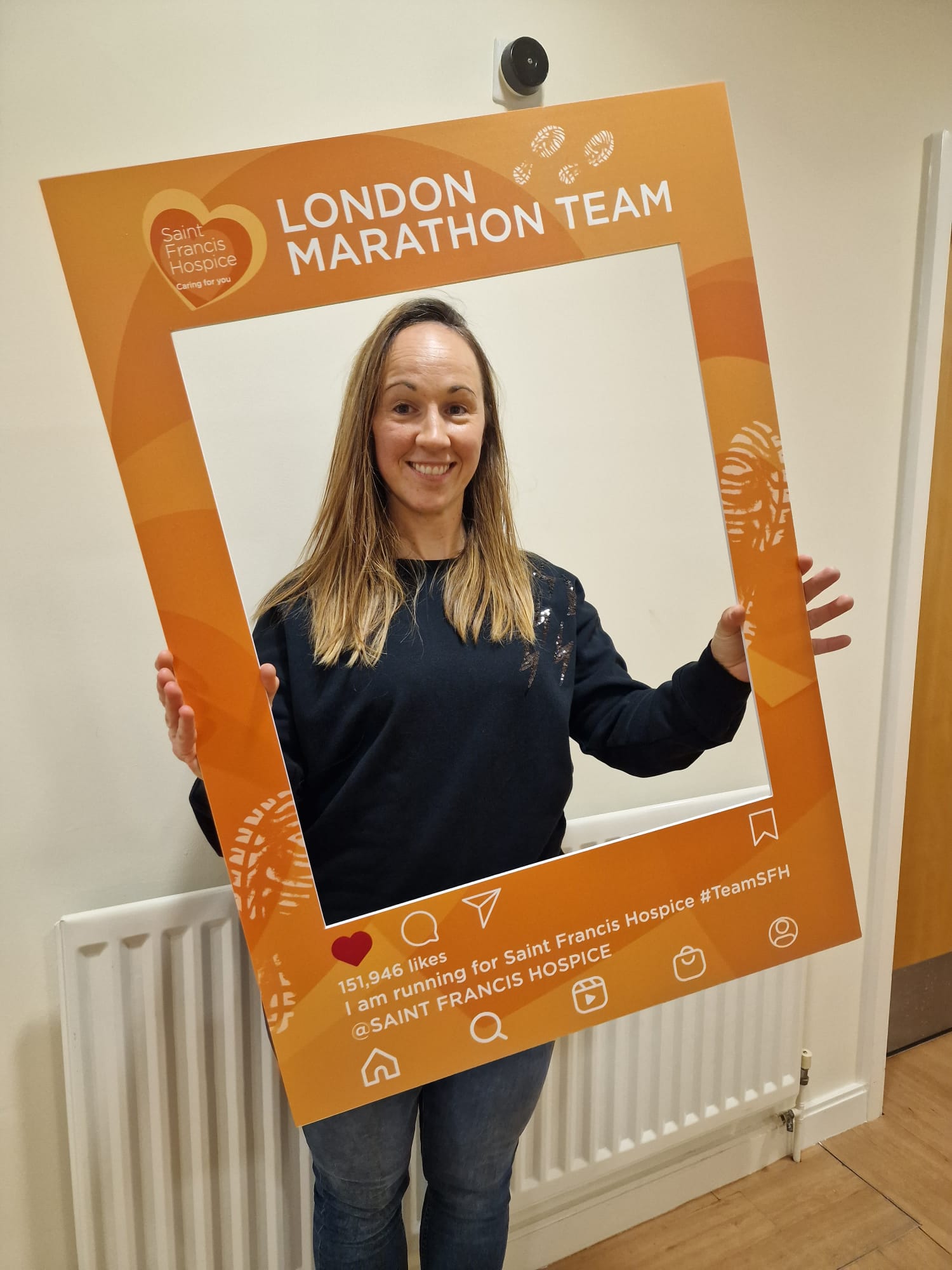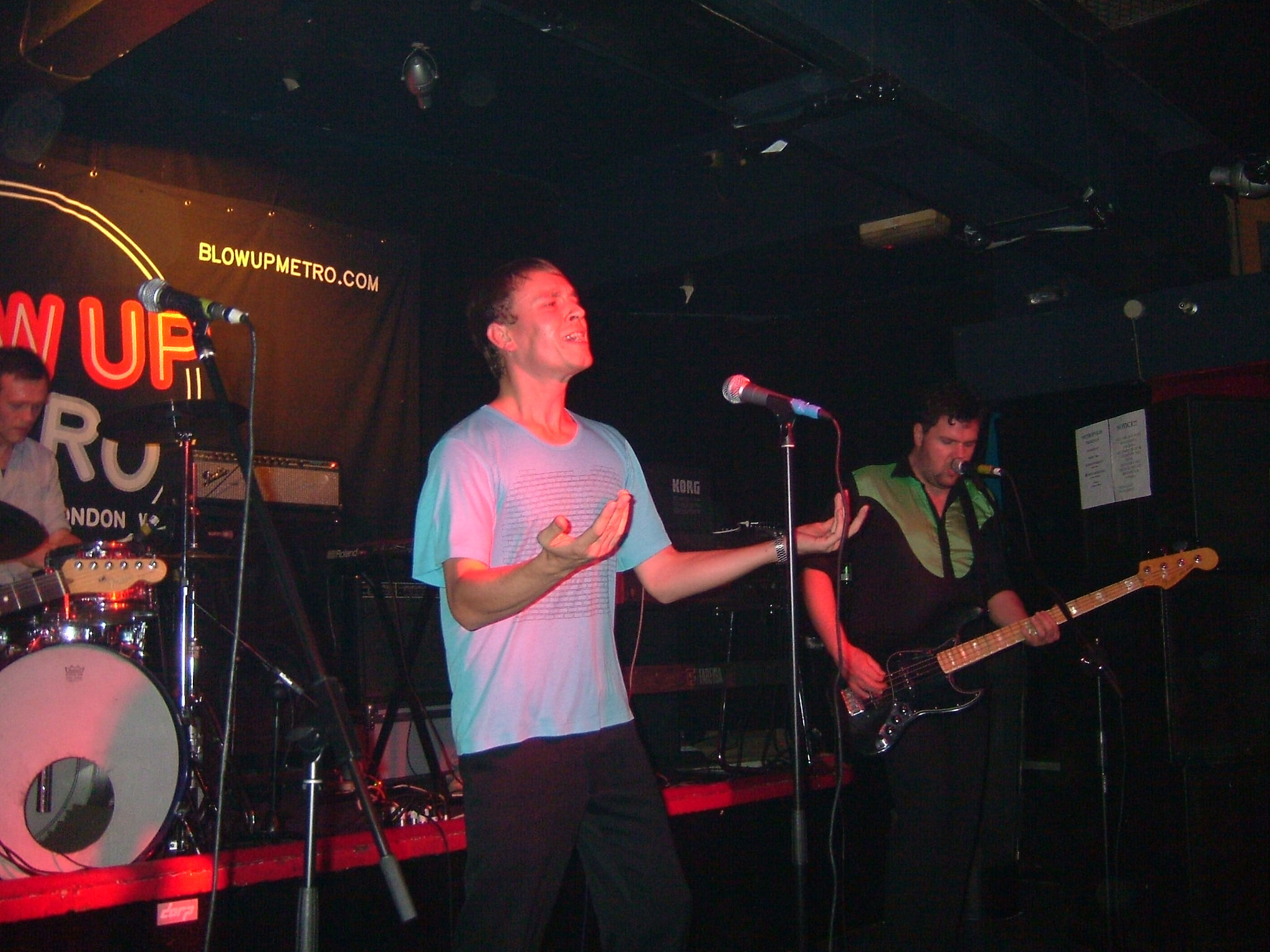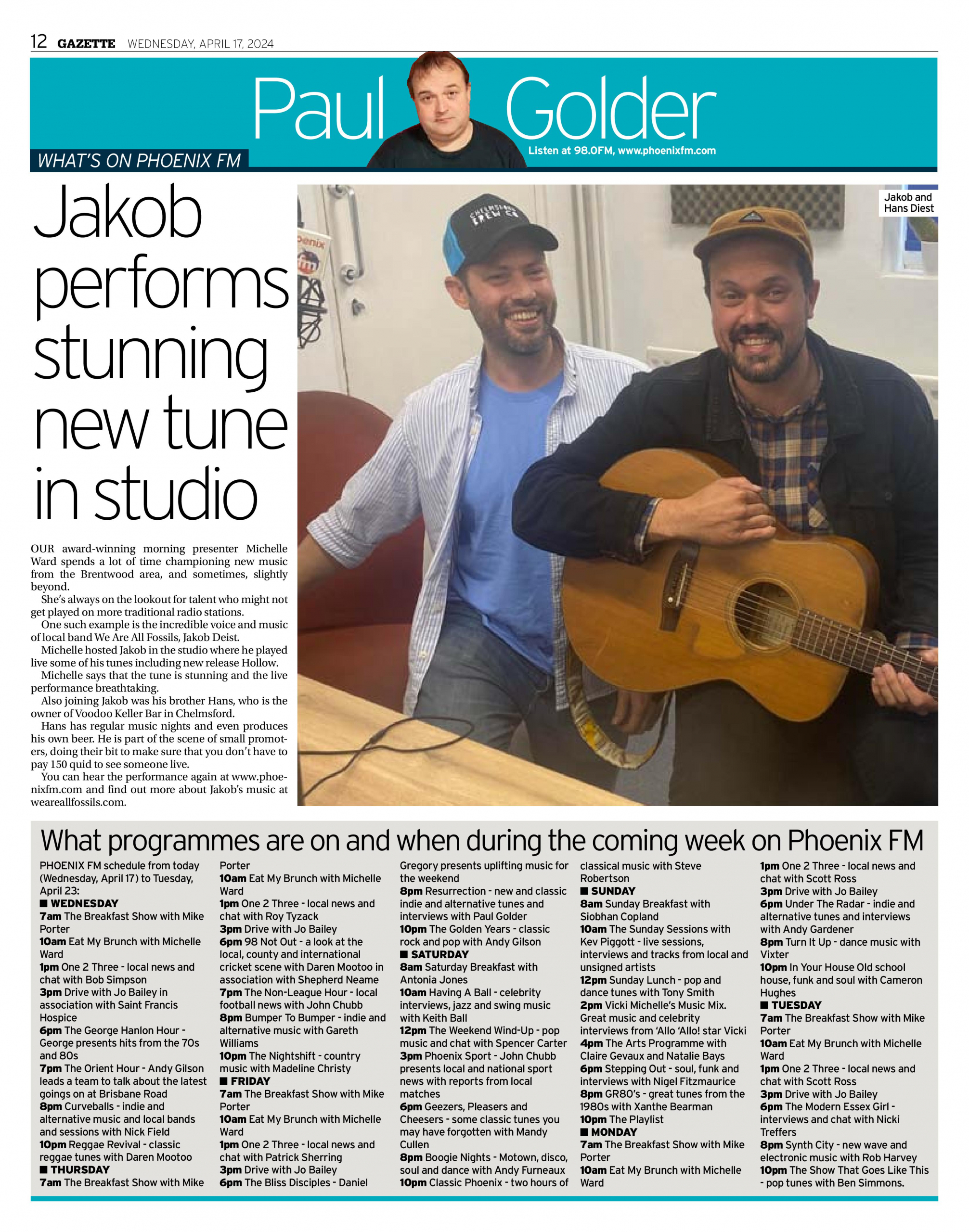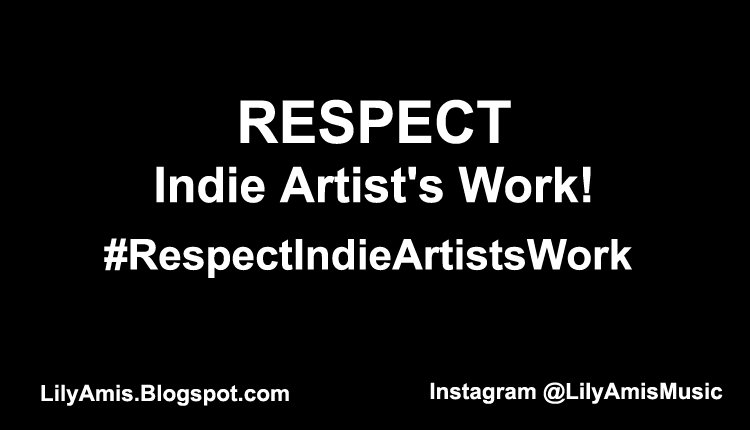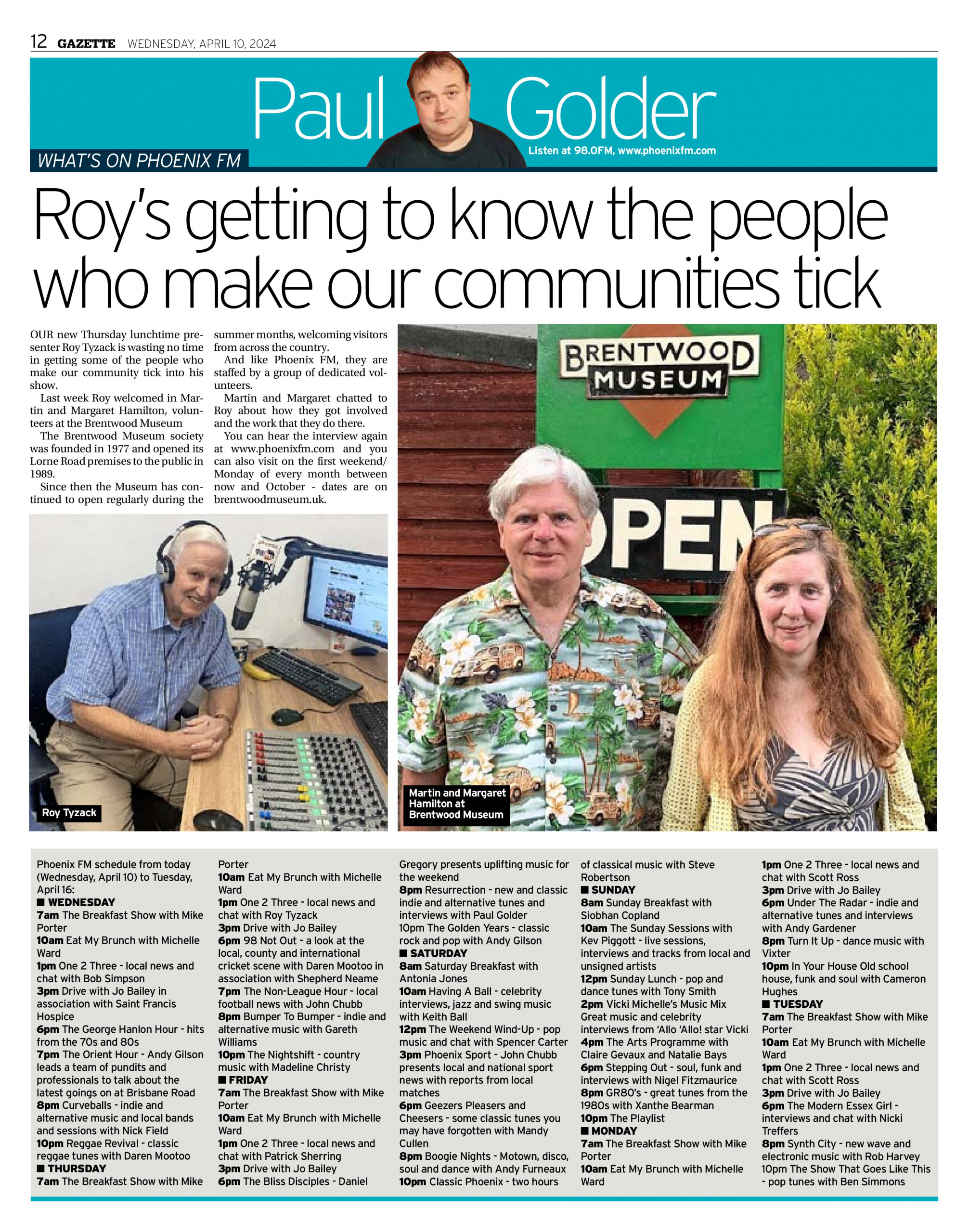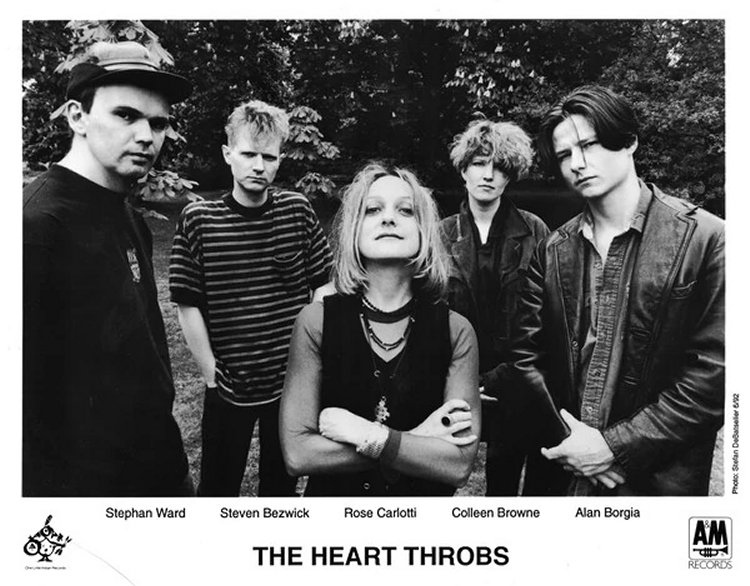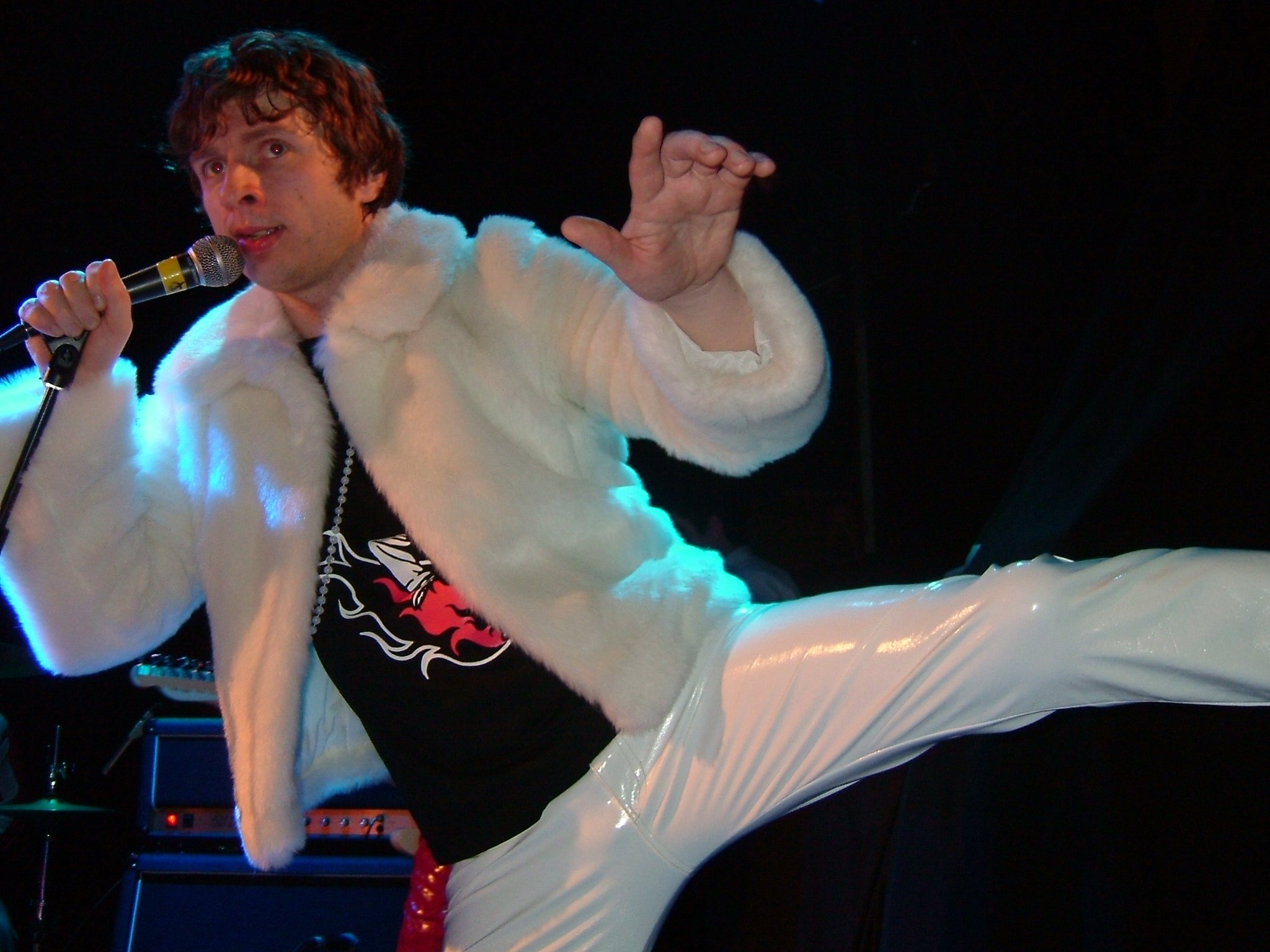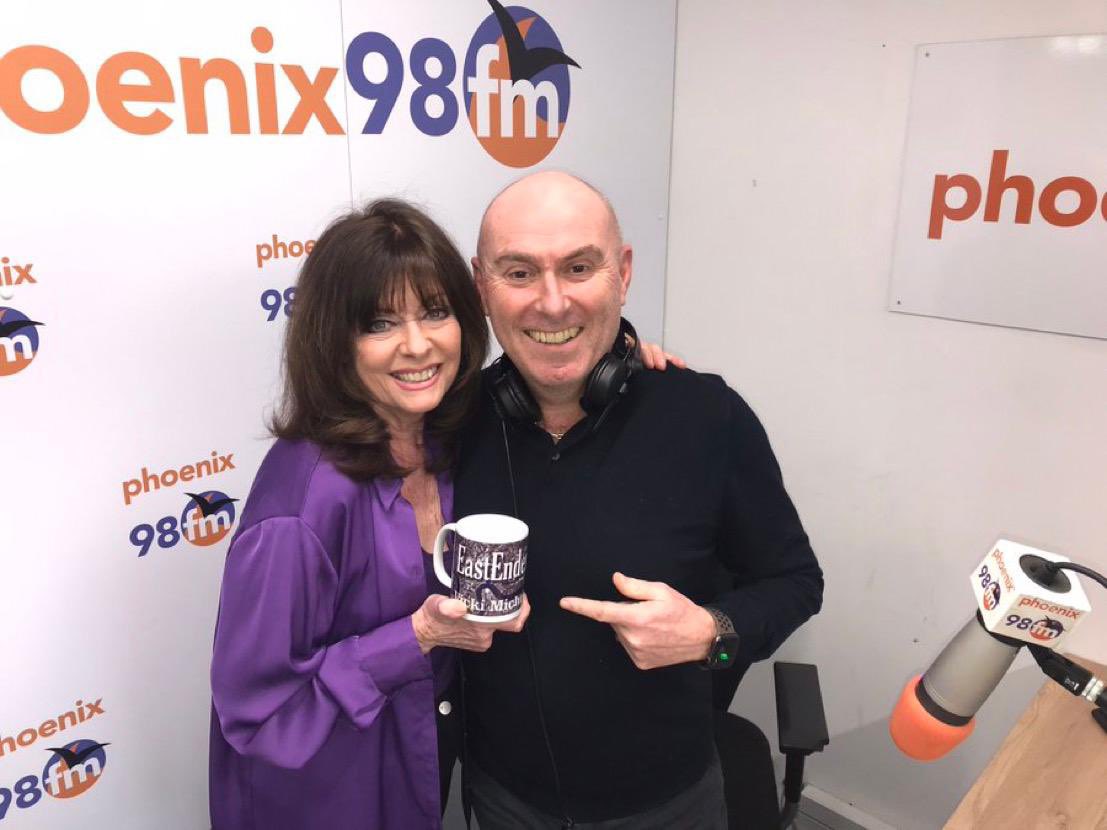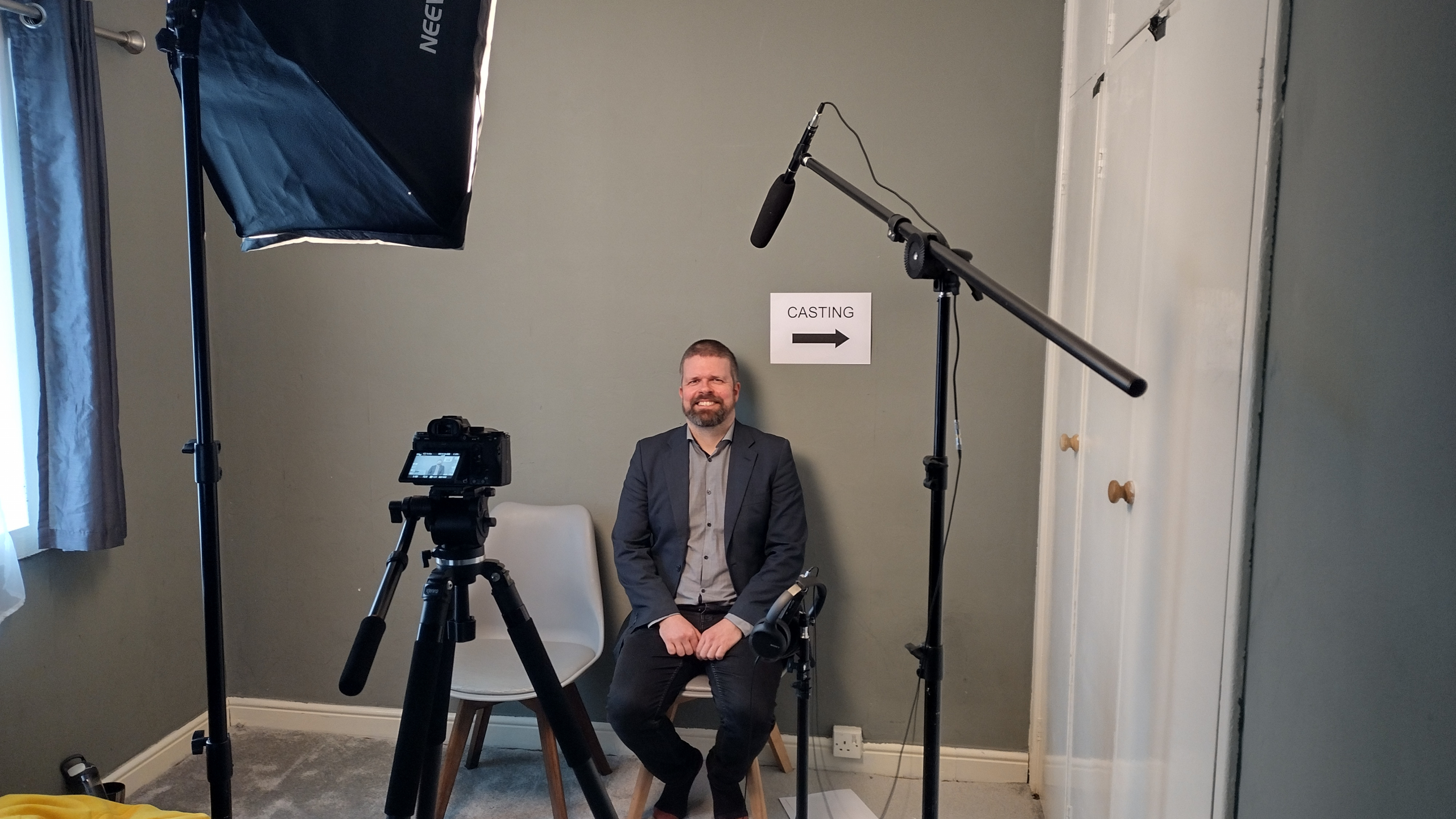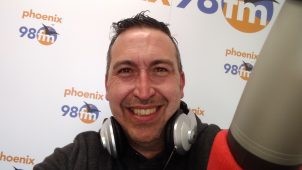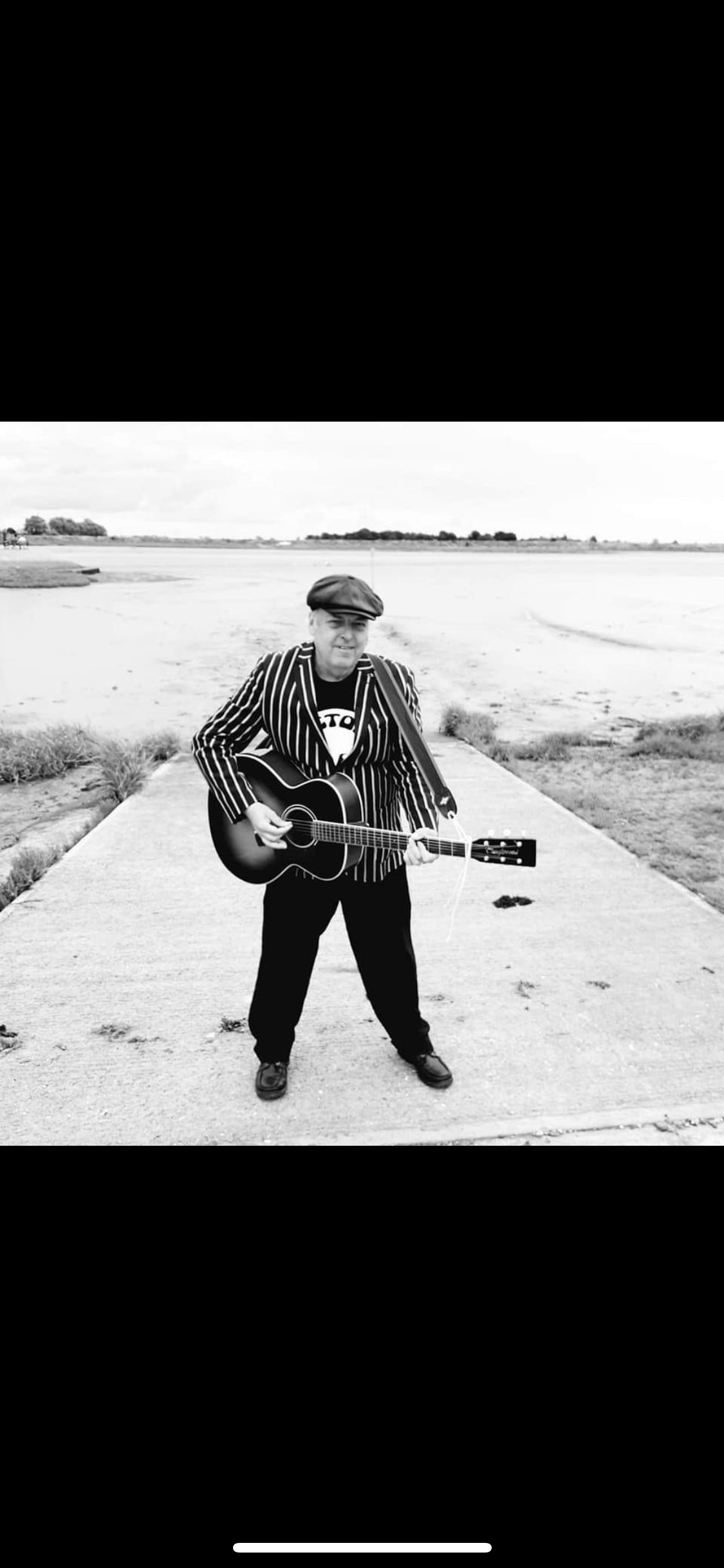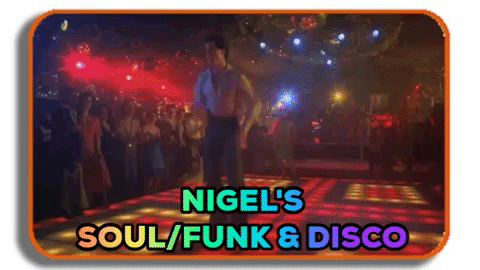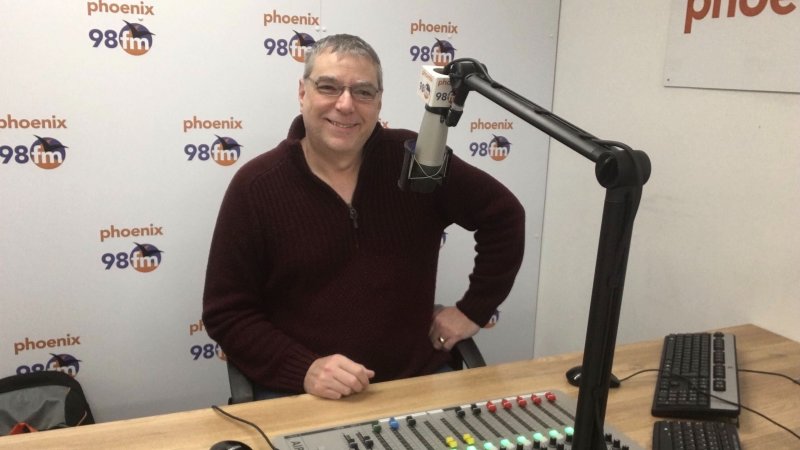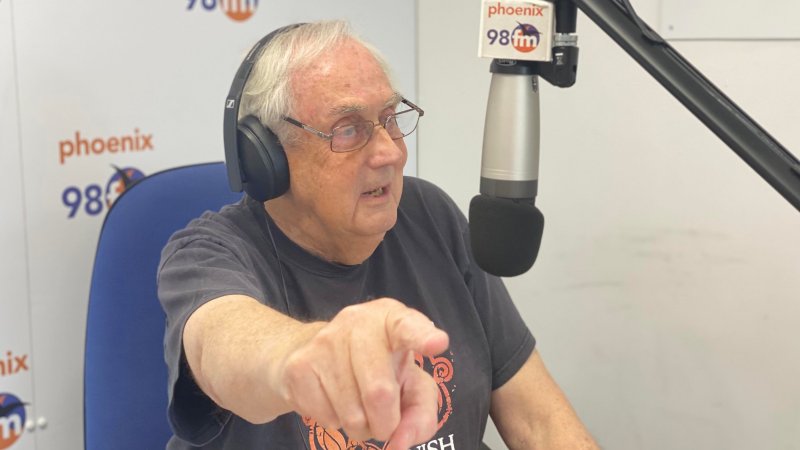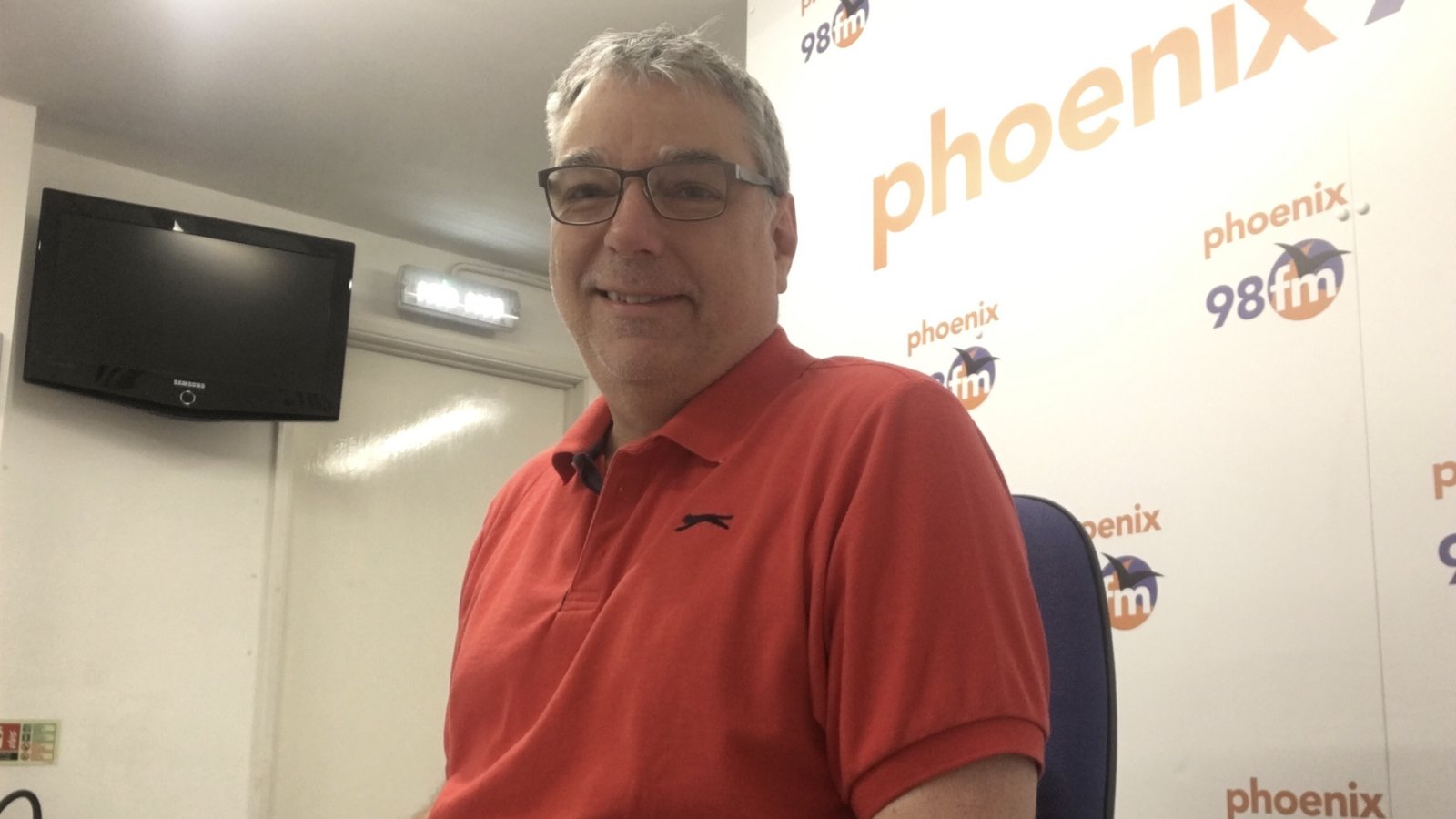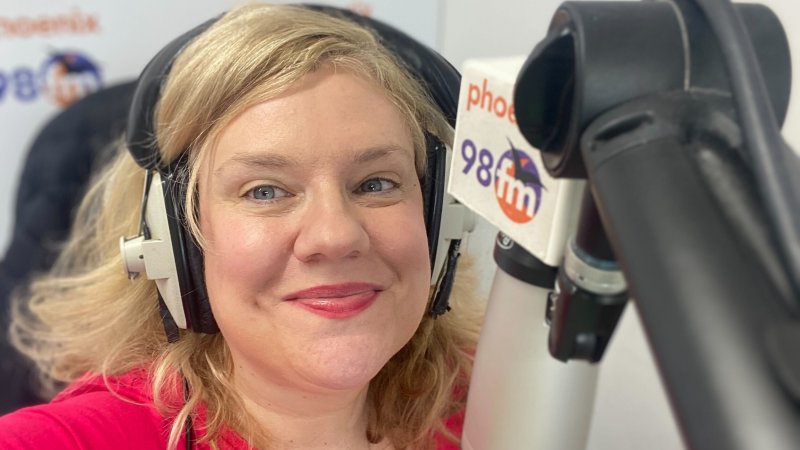Bees pollinate a third of everything we eat and we should all do our bit to help protect our buzzing friends. However, it’s almost a rite of passage to receive a sting or bite as we grow up so what should you do when it inevitably happens to your child?
Being stung or receiving an insect bite as a child can be a big deal, it can feel like the worst pain they’ve experienced. But apart from the affected area getting a little red or swollen it‘s usually only minor and clears up within several hours – so nothing that a few hugs and self-care can’t cure.
Nevertheless, what do you do if your child experiences a reaction that is more serious?
Dr Sooraj Natarajan, who is the clinical lead for paediatrics at NHS Basildon and Brentwood Clinical Commissioning Group (CCG), said: “Insect bites and stings usually only cause minor irritation. Most can be treated at home using a basic first aid kit. However, in rare cases, some stings can be painful and trigger a serious allergic reaction.
“If your child experiences an allergic reaction, it usually shows up as swelling or itching on other parts of the body, wheezing or difficulty swallowing. In this case, you will need emergency medical treatment, so it’s best to call 999 to request an ambulance. Otherwise, self-care is the best treatment.”
For minor bites and stings it is best to wash the area with soap and water and place a cold compress over the affected area to reduce swelling. Try to keep your child’s fingernails short and clean so they don’t try to scratch the area as this could cause an infection.
If the bite or sting is painful or swollen, wrap an ice pack, such as a bag of frozen peas, in a towel and place it on the swelling. Take painkillers, such as paracetamol or ibuprofen (children under 16 years of age shouldn’t be given aspirin) or use a spray or cream that contains local anaesthetic, antihistamine or mild hydrocortisone (1%) on the affected area to prevent itching and swelling
Following advice from a pharmacist or your GP you can try an antihistamine tablet to help reduce swelling (antihistamine tablets are available on prescription or from pharmacies).
If your child has lots of swelling and blistering or you see pus, this can indicate an infection, so it’s best to visit your GP or call NHS 111 for advice over the phone. NHS 111 is available 24 hours a day, seven days a week. They can also advise you where to go if you do need medical attention.
For more information about treating bites and stings, visit www.nhs.uk

